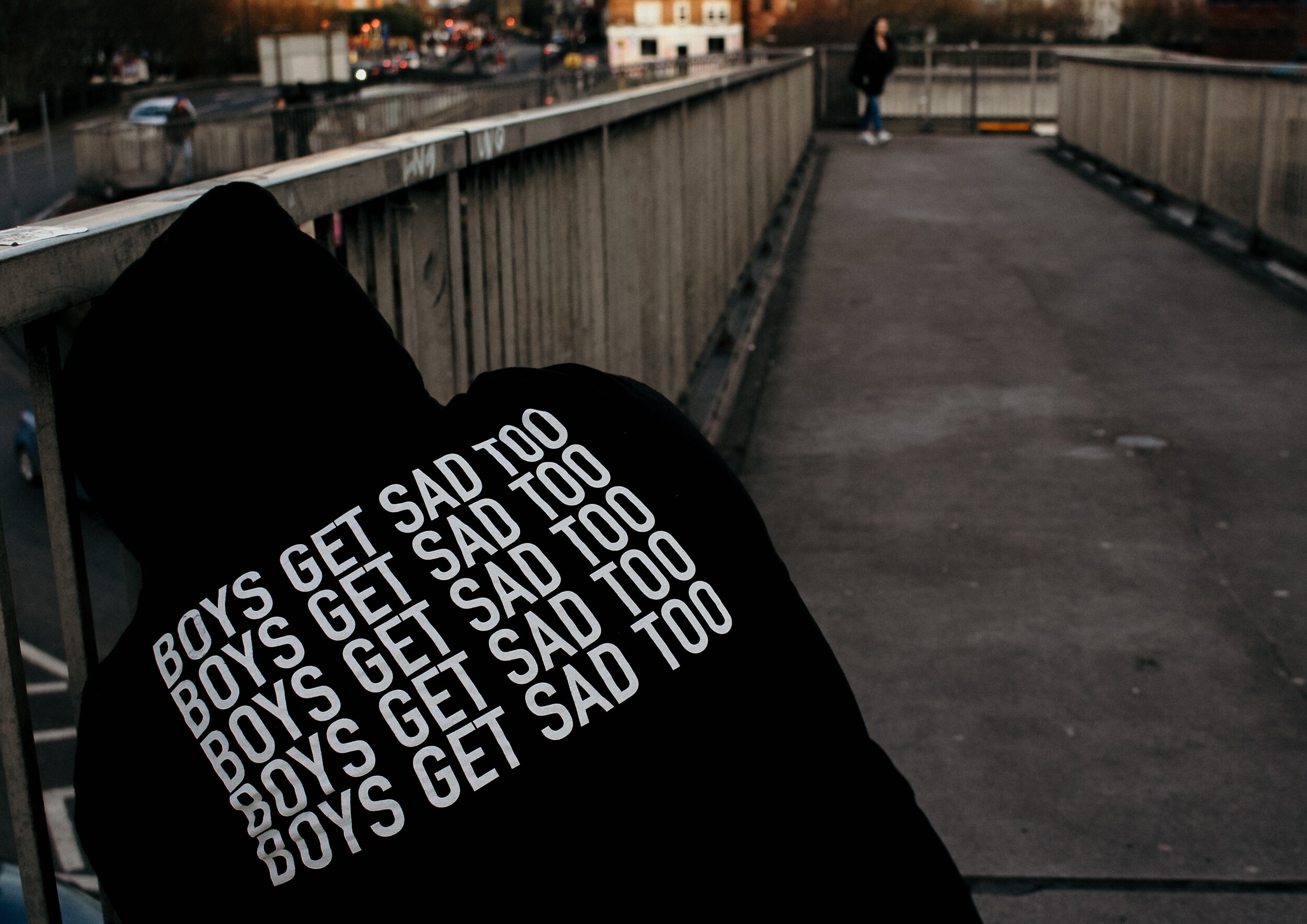Dear Reader,
The present blog post has the potential to surprise you with statistics and simultaneously encourage an empathic look toward men. You see, the current blog focuses on the mental health of men. Before, moving on, let us take a look at some flabbergasting statistics from the U.S.A.
Men are more likely to die by suicide than women. To be precise, men are four times more likely to die by suicide than women.
According to the National Institute on Alcohol Abuse and Alcoholism, the annual number of men dying from alcohol-related causes is 68,000 compared to 27,000 women.
Men are more likely than women to turn to drugs and alcohol for coping.
Men are more likely to not ask for help when experiencing mental health disorders. They may seek help in later stages or when the symptoms become too severe.
The far pressing question to be asked here is: “Why do men face these problems with regards to mental health?” The answer is that societal stereotypes and the facade of toxic masculinity play a vital role in exacerbating the problem. You might have heard the following stereotypical sentences before:
Men don’t cry like girls.
Men are strong, muscular, and fear no one.
Stop being a b***h and be a man.
These stereotypical beliefs are embedded in men since the time they open their eyes in this world. When they grow up, these ideas are reinforced in some way or the other. A simple example would be when a 7-year-old kid is told not to cry like his sister because it is a sign of weakness. It is something that girls would do. When that kid grows up, and he goes through things like a breakup, he is asked to “be a man and move on.” That is toxic masculinity, right there. The point being, men are forced not to express their emotions healthily.
As a consequence, men bottle up these emotions and cannot sometimes even put them in words. These bottled up emotions and the lack of emotional capacity affect their work, relationships, and almost everything. When things become overwhelming, they turn to unhealthy coping mechanisms like drugs and alcohol for comfort.
A recent survey by Movember revealed that more than 55% of the men reported that society/culture expected them to be ‘emotionally strong’ and not show inadequacies in front of people. More than 46% of men were afraid that their colleagues would judge them and pass negative comments behind their backs if they opened up about their mental discomfort. However, we at Connected Family Services want to deliver one strong message to the men there:
It is okay to feel things. You and women have the same brain chemistry. Your body releases catecholamines when you are stressed and dopamine when you feel good as does a woman’s body. You too have the right to feel bad about a missed opportunity or a breakup. You are allowed to cry when you get hurt. Understand that it is okay to ask for help. It is okay to go for therapy, and it is okay to express your emotions healthily.
If you are someone whose loved one is struggling with a mental disorder, encourage them to ask for help: listen to them and look out for signs. Some of the general signs you can look out for are:
Constant frustration.
Work getting affected.
Regular arguments/fights with colleagues/friends/family.
Frequent headaches, stomach issues, and muscle aches.
Loss of pleasure and enjoyment from life.
If you or your loved ones have any of the symptoms mentioned above, you can book a free consultation call with us. We will listen to your problems and clarify any questions that you have about therapy. Remember, you are important, and your mental well-being matters.


